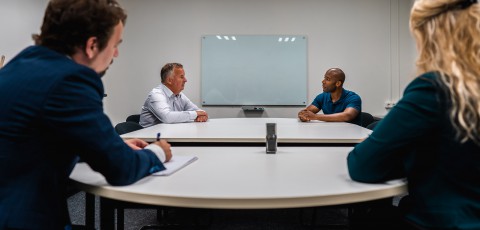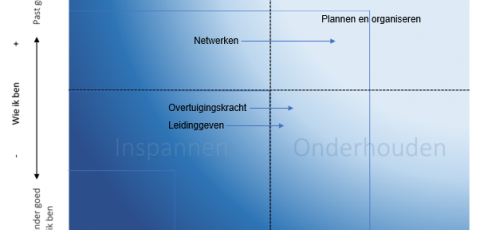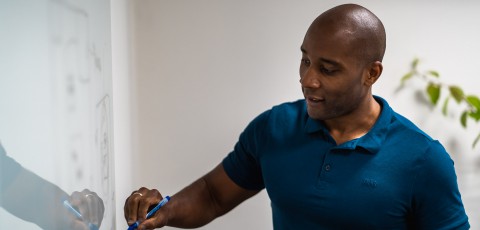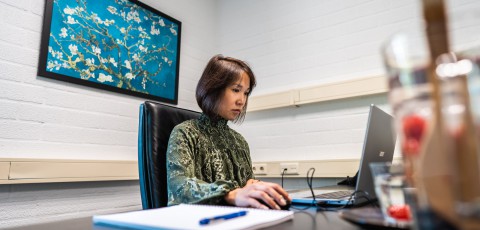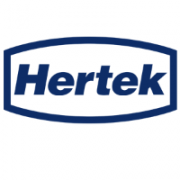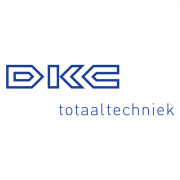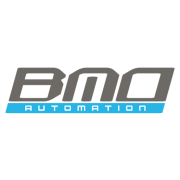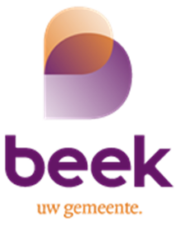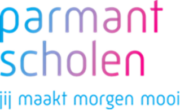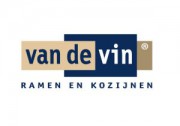How authentic are you?

A stranger approaching you in the street will in a second's glance see you whole, size you up, place you in a way in which you cannot and never will, even though you have spent a lifetime with yourself....and therefore ought to know yourself best of all.
- Walker Percy
Op een dinsdagochtend komt Petra, een manager bij een logistiek bedrijf, bij H&G voor een ontwikkelgericht assessment. Zij loopt op kordate wijze ons kantoor binnen en spreekt tamelijk luid en met opgewekte toon tegen de testassistente: “Goedemorgen! Ik ben hier voor mijn assessment en ik ben er helemaal klaar voor!’’ Petra spreekt tijdens haar interview over de wijze waarop zij leidinggeeft aan medewerkers. Zij typeert haar stijl als “vooral coachend”. Dat vindt ze erg belangrijk: Mensen de ruimte en vertrouwen geven en bemoedigen. Haar belangrijkste kwaliteiten zijn wat haar betreft empathie, hulpvaardigheid en geduld. “Maar, wel met het oog op concrete resultaten he!” Na haar interview gaat Petra een rollenspel voorbereiden waarin zij gevraagd wordt leiding te geven aan een medewerker met een aantal zeer belangrijke sterktes. Echter, er zijn ook aandachtspunten die niet genegeerd kunnen worden.
During her leadership Petra shows behaviour that can be characterized as 'managing': she clearly states what the problems are, makes it clear what has to be worked on first, makes it clear that she expects/demands commitment and makes agreements on how to monitor progress and speeds up progress when she sees an opportunity to do so.
Behavior that they not shows include: Asking for the employee's views, perceptions and motivations, responding to non-verbal behavior (e.g., passive, overruled), checking that the message is getting through, and asking what the employee has already done or can begin to do on their own to solve problems.
Self-awareness: internal and external
The difference between her personal experience of how she leads and her actual behaviour is remarkably large. So big, in fact, that you could suspect Petra of deliberately wanting to paint a certain picture, which she really knows is too good. And yet that is probably not the case. And Petra is no exception.
Tasha Eurich describes in her book Insight - The power of self-awareness in a self-deluded world'. various research results which show that there is no relationship whatsoever between our internal self-awareness (knowing your values, passions, patterns, way of reacting, etc.) and our external self-awareness (knowing how others see you). Most of us -as it turns out- have our own personal 'illusions'. To a greater or lesser extent. Reconstructions of how we think we are or of how we are. want to be apparently translate more often into this is how I do.
Blind spots
Tasha calls this blind spot behavioural blindnessIn other words, our inability to observe and assess our own behaviour objectively. This form of blindness is so persistent that it persists even when people judge themselves using video recordings. Further research that Tasha describes in 'Insight' shows that every other group of people - family and friends, but also strangers - can judge your behaviour and what it says about you as a person better than you can. The quote above from Walker Percy thus turns out to be painfully true.
During the feedback session it became clear that Petra has pronounced values when it comes to 'social interaction': Being open, honest and fair. Petra also reports she experiences a personal need for autonomy, which she basically grants to others. However, her need to create clarity and her strong urge to be valid appear in practice to be the stronger running 'engines' when it comes to concrete behavior.
The importance of self-knowledge and authenticity
Although we all have to deal with this to some extent, a (too) strong mismatch between your self-image and your actual behaviour is not without risks. Petra runs the risk that her co-workers will see her as less authentic as a result of the incongruence between 'social talk' and 'business behaviour'. This can lead to feelings of psychological insecurity. This in turn can lead to Petra giving up feedback, dribblePetra's work has been characterised by a high level of absenteeism, increasing staff absenteeism and even more burn-outs. The challenge Petra has to deal with is not primarily at the level of job-related competencies, but first and foremost at the level of an important meta-competence: "self-understanding.
In future blogs we will take a closer look at how the level of 'meta-competence' in your organisation can be strengthened. With the goal of strengthening leadership, more effective team collaboration and better business results.



